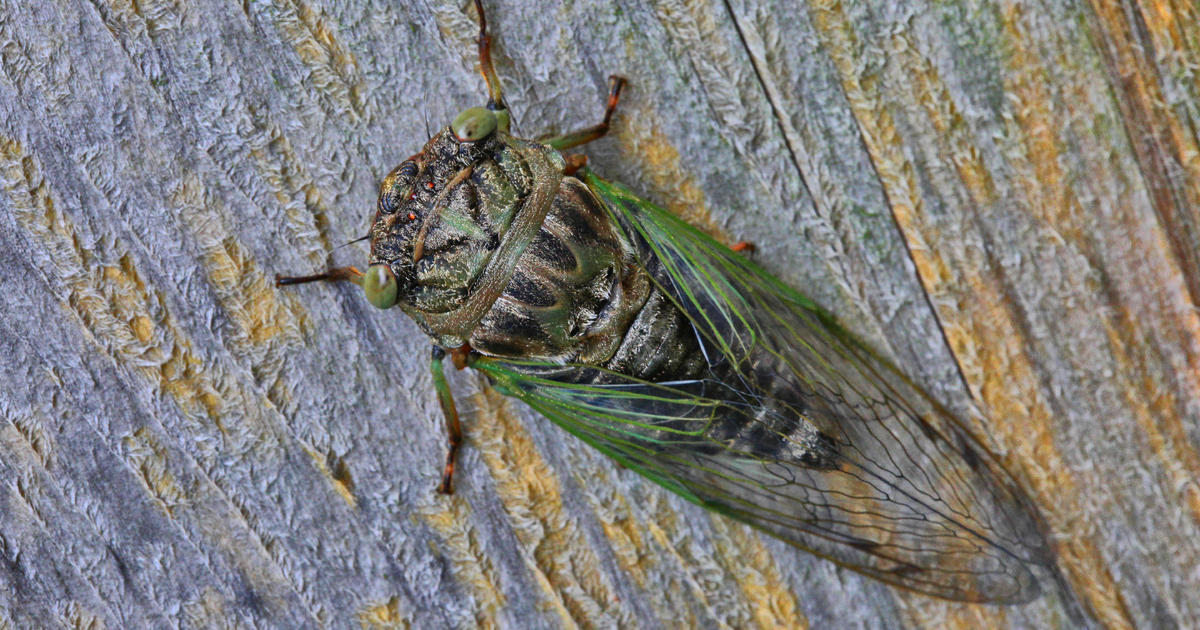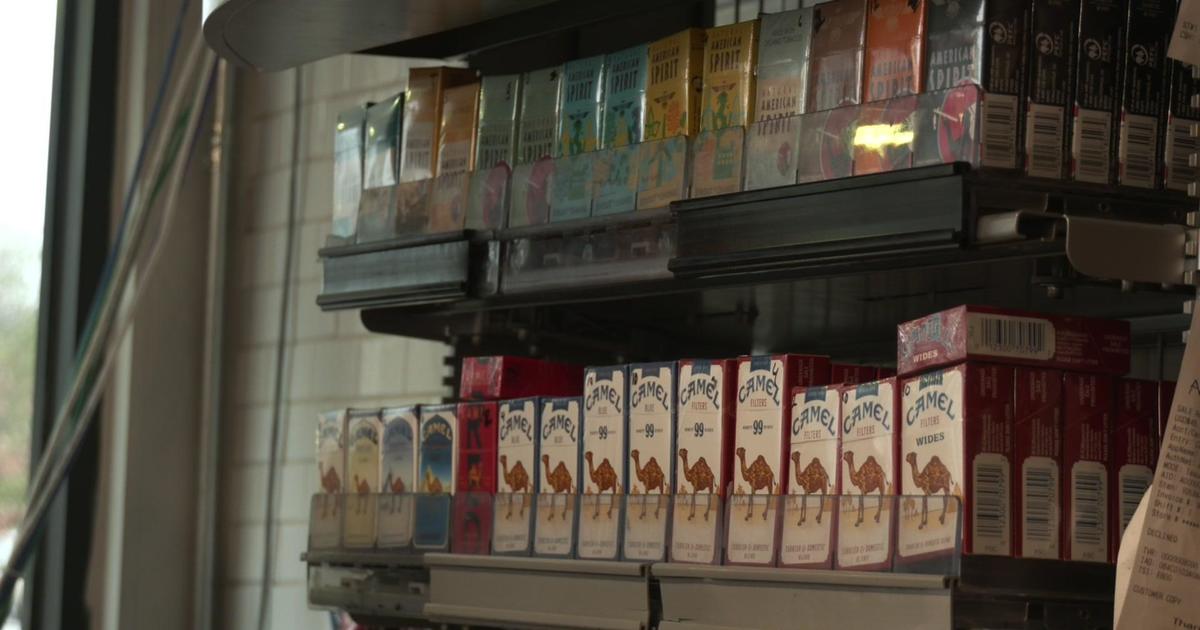DeRusha Eats: Kim Bartmann's 'Permaculture' Garden Farme
RAMSEY (WCCO) -- What Taya Schulte and Seamus Fitzgerald are doing in Ramsey seems so far away from the ski ball at Pat's Tap or the fried chicken at Third Bird.
But eight urban dive bars and restaurants are directly linked to a one-acre farm in the north suburbs, thanks to restaurant owner Kim Bartmann.
"It's sort of an experiment to engage in all of the parts of production of food," Bartmann said.
Besides Pat's Tap and Third Bird, Bartmann owns Tiny Diner, Red Stag Supper Club, Barbette, Kyatchi, Bread and Pickle, and Bryant Lake Bowl in Minneapolis.
Three years ago she bought three plots on the Garden Farme in north suburban Ramsey, Minnesota, hiring Schulte and Fitzgerald to grow vegetables exclusively for her restaurants.
There are sixty different crops planted on one acre, stacked on top of each other.
"Right now I have cantaloupe emerging. Over here I have beets I've been harvesting," said Schulte.
The farmers and Bartmann's chefs collaborate on what to grow here. Sometimes the farmers can't generate what the chefs want, so the chefs will have to figure out how to use what the farmers grow.
"There's a lot of romaine right now, so we'll be adding a grilled romaine salad at Tiny Diner and Red Stag," Bartmann said.
When there are a lot of mustard greens, they become a peppery accent on a smoked turkey sandwich. Fresh fennel becomes the centerpiece of a delicious salad.
The garden farm is beyond organic; it's part of an ecosystem called "permaculture."
"We take care of our soil by mulching with weeds and manure and mulch," said Schulte.
Ninety-nine acres of trees and wetlands and natural growth surround this garden, giving pests and diseases bigger targets than the crops.
They don't use any chemicals.
"Not even certified organic chemicals" Fitzgerald said.
The farm-to-table pipeline results in incredible freshness for diners.
"We get everything to the restaurants within two hours" of harvesting, said Schulte.
Bartmann gets that freshness, but also gives these farmers a reliable market for their crops.
"I want to operate restaurants that actually feed people. These kinds of vegetables are far more nutritious than vegetables that are grown in a more conventional way," she said.
She hopes it benefits her staff, who learn about the connection between the food and the farm, and her customers, who get an incredible flavor.
"We know where it came from and we know it's gonna be really delicious," Bartmann said.



